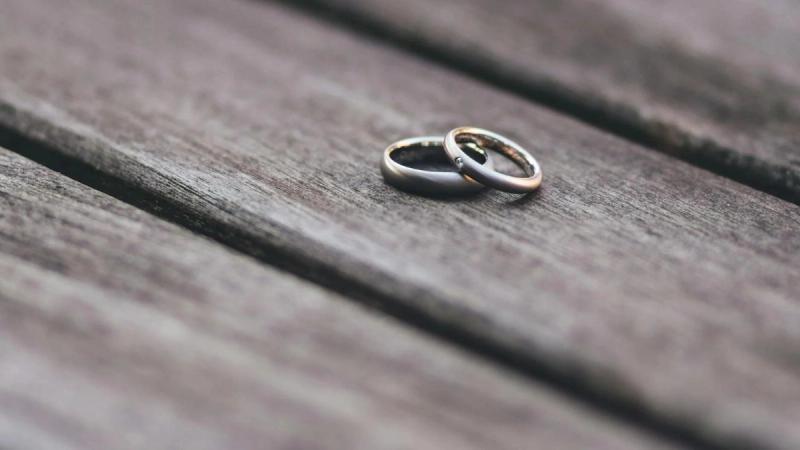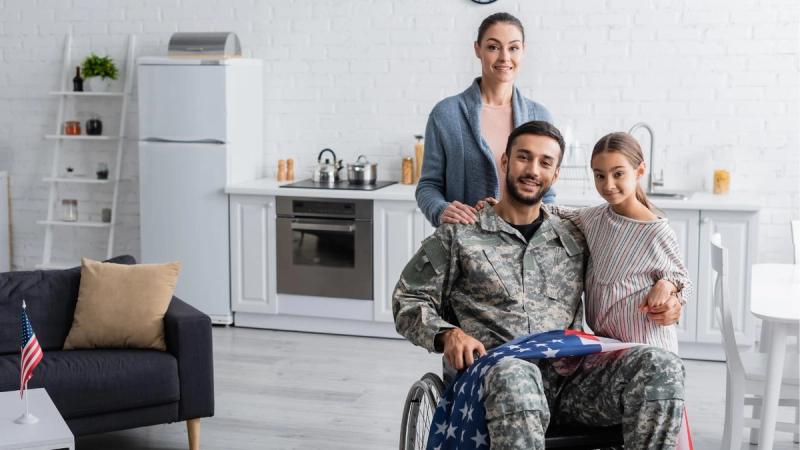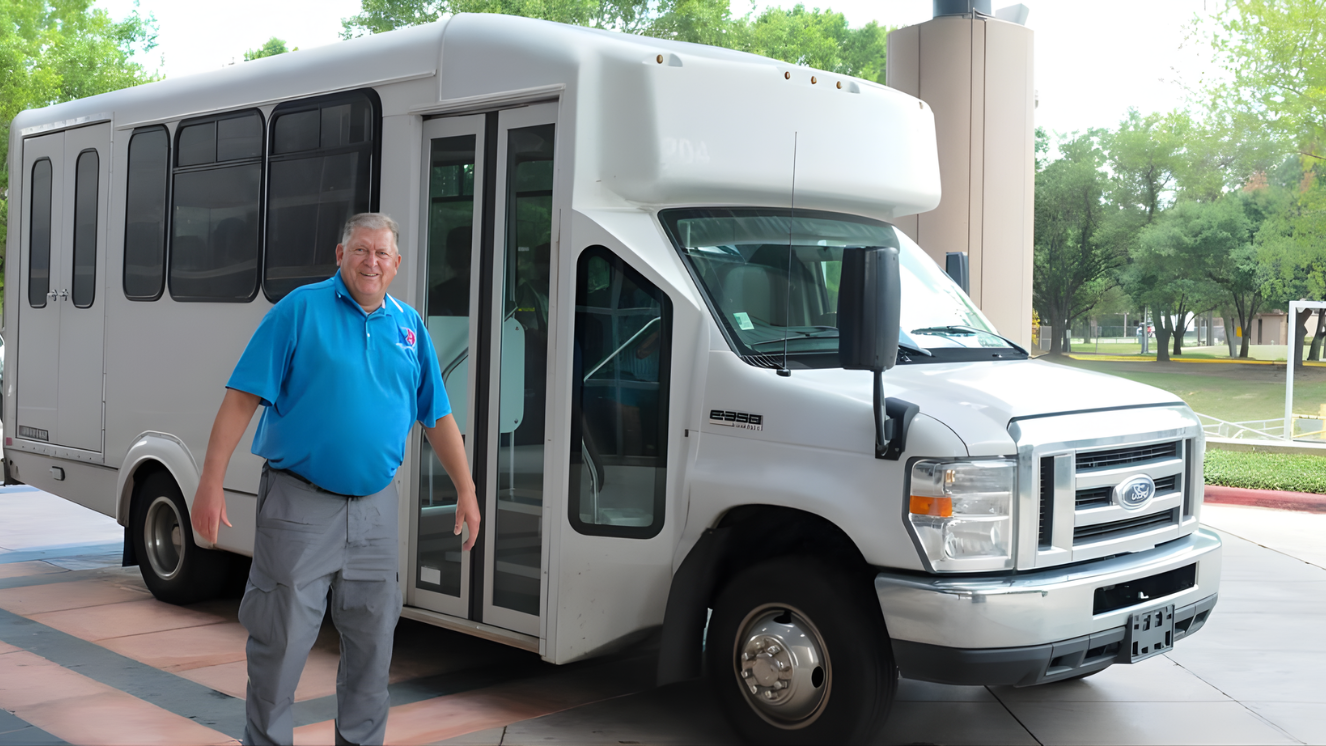VA HEALTH BENEFITS FOR SPOUSES OF VETERANS EXPLAINED
COMMENT
SHARE

After getting married to a Veteran, certain benefits may be available to you through the U.S. Department of Veterans Affairs (VA). However, it’s different for each couple, as the compensation you’re eligible for will depend on the Veteran’s service record and the benefits you are applying for. Learn more about how the process works, and the benefits you may qualify for.

VA Health Benefits for Spouses of Veterans
The benefits spouses may be eligible for after marrying a Veteran can include:
- Covering the cost of burial.
- Help with your career and finding employment.
- VA disability rates and the disability of the spouse may affect eligibility.
- Education and training assistance.
- VA healthcare benefits.
- Life insurance coverage.
- Pension benefits.
- VA home loan mortgages.
Again, the benefits you personally may be able to apply for will vary depending on a number of factors. Below, we’re breaking down some of the more common examples.
For a full breakdown, check out our guide on Veterans’ spouse and dependent benefits by clicking the link.
Healthcare
Some of the healthcare benefits available to Veterans may also be accessible for spouses, survivors, and dependents. Keep in mind that this is a case-by-case basis that depends on how the Veteran qualifies for VA healthcare.
Education
Spouses, including survivors, can receive help with covering the cost of higher education.
While the Montgomery GI Bill (MGIB) is off of the table, here are some common examples the spouses of Veterans can take advantage of:
- Survivors’ and Dependents’ Education Assistance (DEA) also known as Chapter 35 Veterans Benefits.
- The Fry Scholarship is also an option, but you can’t use it if you are using DEA benefits and vice versa.
- The Post 9/11 GI Bill is available to qualifying spouses with Veterans who still have unused benefits and transfer them.
You can learn more about Veterans’ education benefits for spouses and dependents by clicking the link.
Burial Benefits and Life Insurance
If you need to bury your loved one, burial benefits, and grief counseling are available to surviving spouses. You may also receive compensation from Veterans life insurance benefits if you are a beneficiary on their policy.
Survivors’ Compensation
Veterans survivor benefits are available which is tax-free compensation based on needs for spouses who do not remarry. Be sure to click the link to learn more.

VA Benefits for Spouses of Disabled Veterans
Dependency and Indemnity Compensation (DIC) benefits are available for surviving spouses who are housebound or need aid. These tax-free benefits are available for those who qualify for VA disability and have a rating of 30% or higher.
DIC Veterans benefits are available if the Vet either dies while in the line of duty or because of a disease or injury they suffer from due to serving in the military.
Furthermore, Veterans can apply for additional benefits by filing claims for spouses. Here are a few things to remember:
- To file your claim, there are many forms and pieces of information you’ll likely need to provide.
- You’ll need to add your spouse on your Login.gov, ID.me, DS Logon, or My HealtheVet account.
The VA has the forms and tools you’ll need to add a spouse to VA disability benefits.
Eligibility Duration for VA Benefits for Spouses
The length of your marriage required to receive benefits as a Veteran's spouse will vary. It is dependent upon the benefit you are looking to access, and the eligibility criteria.
In some cases, you can receive spousal VA benefits as soon as you get legally married to a Veteran who has a service-connected disability.
Other times, it is required that you be married to a Veteran who has a service-connected disability for a least a year if you want to access benefits.
The benefits that you are eligible for, usually is dependent upon your spouse's time serving, their disability rating, and other factors.
Who Qualifies for for Spousal Benefits through the VA?
To qualify for spousal benefits through the VA, you must meet the definition of "spouse" as set forth by the U.S. Code of Federal Regulations.
Your marriage must:
- Be recognized under the law of the place where you or your Veteran spouse lived when you got married, or
- Be recognized under the law of the place where you or your Veteran spouse lived when they became eligible for VA benefits
This also applies to same-sex marriages, as the VA now recognizes all same-sex marriages in the U.S.
Suggested reads:
Join the Conversation
BY BUDDY BLOUIN
Buddy Blouin is a Contributing Writer at VeteranLife.com
Buddy Blouin is a Contributing Writer at VeteranLife.com



